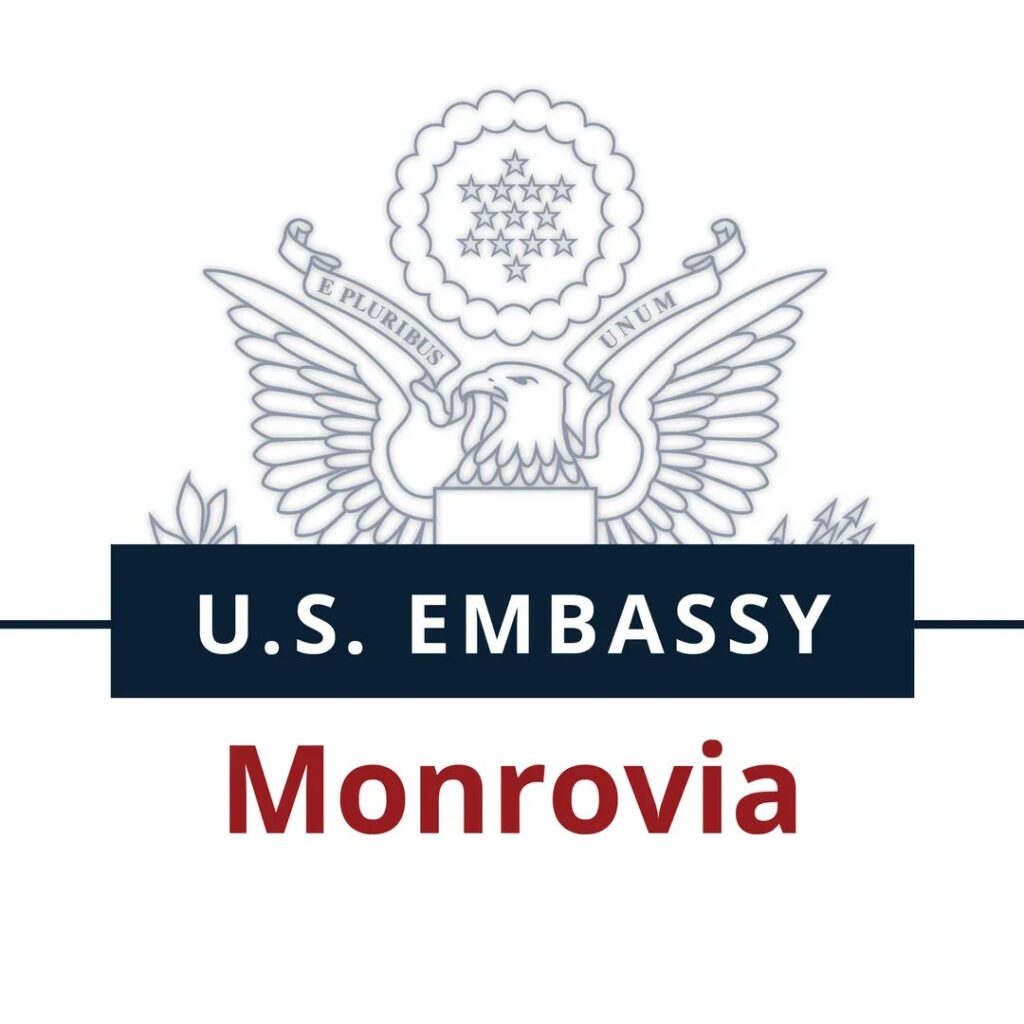Monrovia – The United States Department of State’s 2024 Human Rights Report has cast a stark light on Liberia’s ongoing struggle with human rights protection, documenting a litany of abuses, systemic failures, and troubling incidents across the country.
The report, released under the U.S. Bureau of Democracy, Human Rights, and Labor, states that while there were no “significant changes” in the country’s human rights landscape, credible reports point to persistent problems — ranging from unlawful killings and torture to press intimidation, labor rights violations, and systemic corruption in the justice system.
Deaths in Custody and Extrajudicial Killings:
One of the year’s most alarming cases was the April death of an inmate at Fish Town Central Prison in River Gee County. The incident sparked a wave of community anger, with residents vandalizing the prison and triggering a mass jailbreak.
The Bureau of Rehabilitation and Corrections charged six officers in connection with the death and the escape. Four were later cleared, one was dismissed for failing to cooperate, and one remains under investigation.
The report also noted the June 25 decision by France’s highest court to uphold the 30-year prison sentence of Kunti Kamara, a former commander of the United Liberation Movement of Liberia for Democracy (ULIMO). Kamara was convicted of complicity in crimes against humanity, torture, and barbarism committed during Liberia’s brutal first civil war — marking the first such conviction linked to that conflict.
Crackdown on Press Freedom:
While Liberia’s constitution guarantees freedom of expression, the report finds that government officials often placed informal limits on this right, particularly for civil servants. In August, the Monrovia City Corporation dismissed nine employees accused of criticizing government officials and the president on social media.
In June, tensions between the Executive Mansion and the press boiled over during a meeting between Presidential Press Secretary Kula Fofana and media executives. New accreditation rules — requiring police and tax clearances for journalists covering the presidency — triggered a walkout by several editors. The government’s demand for free website advertising from media houses was also flagged as a threat to financial independence.
The Association of Liberia Community Radios weighed in on June 26, demanding the reinstatement of Radio Kakata Station Manager Jerry Quoi, suspended by Margibi County Superintendent Victoria Duncan for alleged financial improprieties. The association described the move as political interference and a form of censorship.
Worker Rights Under Strain:
Labor rights remain a flashpoint. Public servants and employees of state-owned enterprises are still barred from unionizing, despite constitutional guarantees of freedom of association. The Civil Service Association of Liberia remains locked out of the Liberia Labor Congress following a court ruling, fueling calls for legal reform.
The report also exposes unsafe work conditions, especially in mining and agriculture. On March 27, a mudslide at an artisanal mining site near Chio Town, Rivercess County, killed 10 people. The tragedy occurred after reports of a gold discovery drew scores of illegal miners to the site despite local security attempts to regulate entry.
The Ministry of Labor’s enforcement of wage, overtime, and occupational safety laws remains weak, with labor inspectors accused of taking bribes to certify compliance. The World Bank estimates that 90% of Liberia’s workforce operates in the informal sector, where labor laws offer little to no protection.
Judicial Failures and Prolonged Detention:
The justice system came under sharp criticism for prolonged pretrial detention, with 60% of felony pretrial detainees held beyond the legal limit of two court terms (about 180 days) without a hearing.
One case that drew judicial ire involved Ibrahim Kalil Cherif, a Guinean national accused of plotting a coup against Guinea’s president. Arrested by Liberia’s National Security Agency, Cherif was reportedly held without charge for several days before being moved to Monrovia Central Prison. He was later transferred to Guinean authorities without a court order. A Monrovia judge chastised the Justice Ministry for violating due process and threatened contempt charges, but prosecutors dropped the case once Cherif left the country.
Corruption was cited as a major driver of injustice, with reports of judges misusing the bail system to solicit bribes and magistrates demanding payment from complainants for prisoner transport.
Excessive Force and Gender-Based Violence:
The report records credible allegations of excessive force by the Liberia National Police, the Liberia Drug Enforcement Agency, and the Armed Forces of Liberia, although the military was generally more disciplined. In May, the LNP dismissed Patrolman Jerome Tokpah, who was later charged with attempted murder and aggravated assault after allegedly attacking a man with a machete.
Female genital mutilation/cutting (FGM/C) remains legal despite a three-year national ban announced in 2023. UN Women estimates that 50% of rural Liberian women aged 15 to 49 have undergone the procedure.
Corruption in Refugee Aid:
In October, three top officials of the Liberia Refugee Repatriation and Resettlement Commission, including director Patrick Worzie, were suspended and later fired after being accused of document forgery and theft of funds intended for refugees. The Liberian Anti-Corruption Commission is investigating the matter.
The report concludes that while the Liberian government has taken some steps to punish human rights abusers — including dismissals and prosecutions — “entrenched structural, legal, and governance shortcomings” continue to fuel violations across the country.

